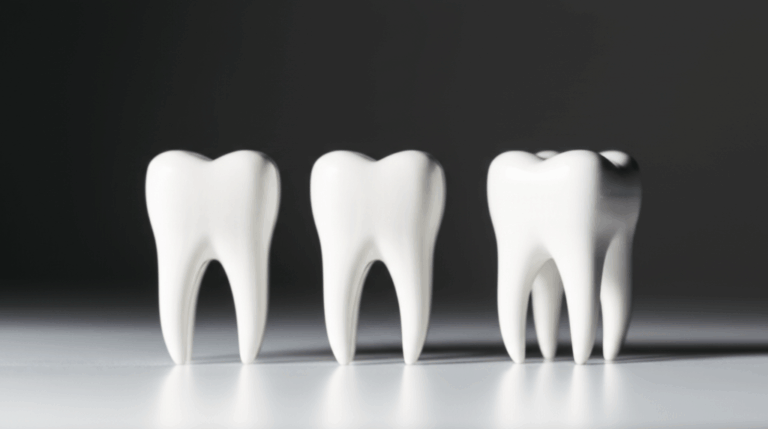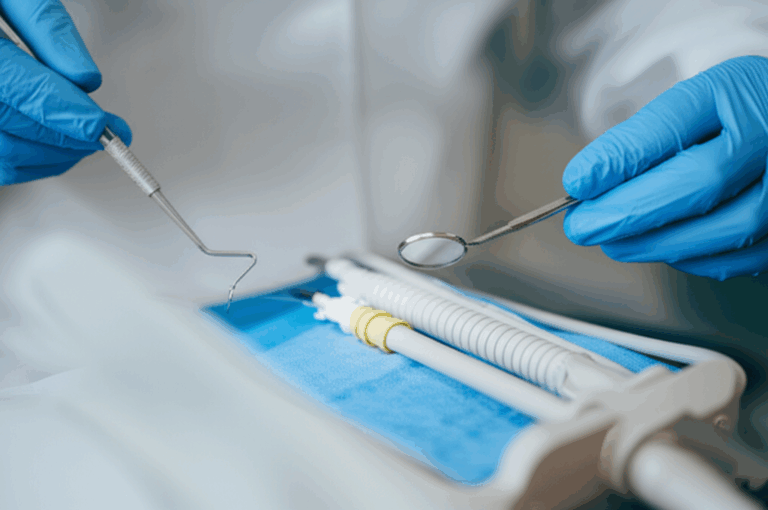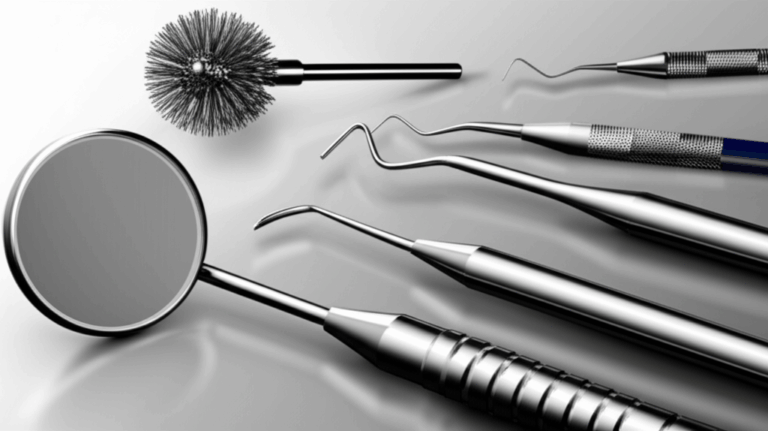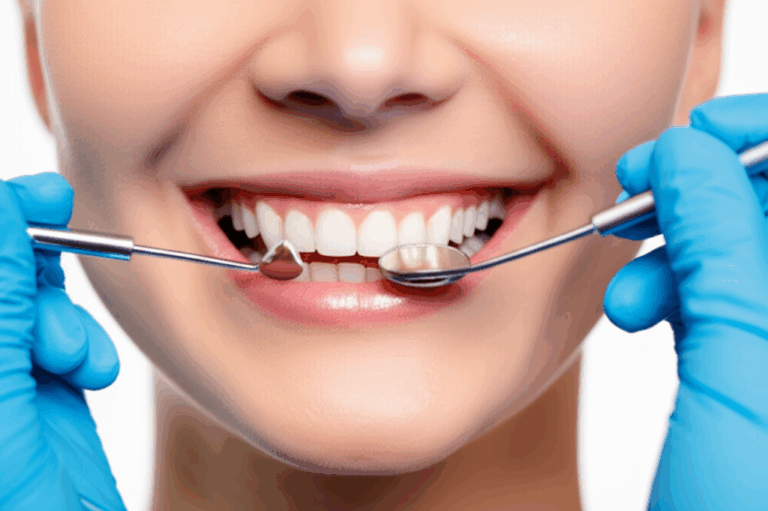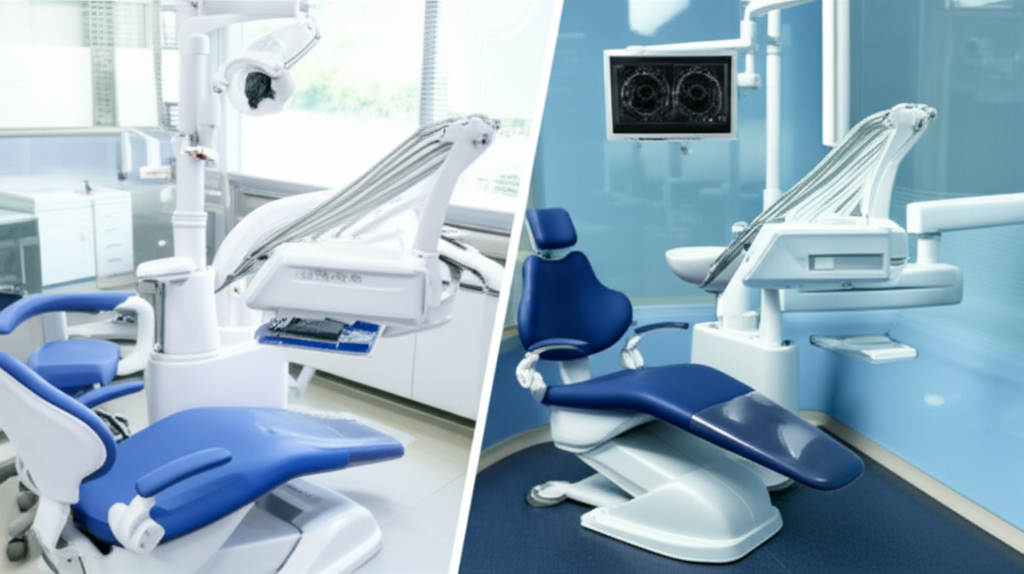
Why Are Dentists and Doctors Separate? Unpacking the Historical, Educational, and Practical Divisions
Have you ever wondered why you go to one office for a toothache and a totally different place for a sore throat? This article looks at why dentists and doctors follow separate paths in healthcare, even though both help take care of our bodies. You’ll learn how history, science, schooling, and even health insurance have all played a part. Most importantly, you’ll see why this matters for your own health and how smarter picks—like choosing a top dental lab—can help a lot. If you want to really understand the story of healthcare, this is your guide.
Table of Contents
The Big Question: Why Are Teeth Treated Differently?
Let’s start with something most people don’t notice. When your stomach hurts, you see a doctor. When a tooth hurts, you call the dentist. But isn’t your mouth just part of your body?
The big problem is that our healthcare system has split the jobs for a long time. Dentists only work on the mouth, teeth, and gums. Doctors take care of everything else—except the teeth. This split can be confusing, especially when health problems cross over.
This divide isn’t just tradition. It also affects how you pay for care, who you go to, and how healthy you are. If doctors and dentists worked together better, people might not miss warning signs about health problems. Let’s look closer at how this happened.
How Did Dentistry and Medicine Become Separate?
The roots of this split go way back—almost as far as people have existed. A long time ago, barbers used to pull teeth. This wasn’t safe, and you can imagine it was very painful! As medicine got better, “real doctors” started treating the whole body, while dental work was left to people who often had no training.
By the 1800s, things changed. The Baltimore College of Dental Surgery opened in 1840, teaching people just about teeth and gums. Doctors, meanwhile, went to medical schools to learn about the rest of the body.
A big reason for the split was that doctors didn’t see dental problems as a part of medicine. Dentists had to prove they were experts, so they started their own schools, degrees, and rules.
Think about Pierre Fauchard, known as the “Father of Modern Dentistry.” He showed that teeth needed special care. Over time, dentistry became its own field—different training, licensing, and even its own insurance.
What Makes Dental School Unique?
So, what really happens in dental school? Unlike medical school, where students study all body systems, dental students only learn about the head, neck, mouth, and jaw. They study classes like dental anatomy, gum disease, tooth problems, braces, and jaw surgery. Dental students spend hours in labs, working with their hands to do things like fillings, crowns, and braces.
Good hand skills really matter. Dentists are trained to work in very small spaces with a lot of care. They work with dental ceramics, dentures, crowns, and even small implants. This is why many dental schools partner with digital dental lab or crown and bridge labs, so students can learn the latest ways to help patients.
When they finish school, dentists must pass special tests. These aren’t the same as the ones doctors take, and the tests can change from state to state. This makes dentistry really its own thing.
What Sets Medical School Apart?
Let’s look at what happens in medical school. Here, students learn about the whole human body, top to bottom. They study classes like internal medicine, kids’ health, surgery, and nerve problems. Training is much wider because doctors have to be ready to spot and fix all sorts of problems—from the heart to blood sugar.
A medical degree (like MD or DO) usually takes four years, then three to seven more years in extra training hospitals. In those years, doctors work in different areas and care for all kinds of patients.
Doctors also pass big national exams, just like dentists do. But their tests focus on the whole body, not on teeth. Doctors will learn a little bit about the head and neck, but they don’t get very much training about teeth or dental surgery. So, a family doctor wouldn’t be the right person for a root canal!
What Do Dentists Really Do?
Dentists are the “mouth doctors.” They find and treat gum disease, tooth decay, jaw problems, and mouth cancers. Dentists fix cavities with fillings, repair broken teeth with crowns, and straighten teeth with braces and aligners.
Some dentists focus even more, for example:
- Orthodontists fix crooked teeth.
- Endodontists treat tooth roots.
- Periodontists care for gums.
- Prosthodontists make dentures and bridges.
- Oral surgeons do tricky surgeries.
These experts use good dental labs such as a skilled china dental lab or a trusted removable denture lab to make the devices patients need. This gives people comfortable, long-lasting results.
So, if you think of dentists as “mouth doctors,” you’re right. They focus on a small area, but they really know their stuff.
What’s a Doctor’s Job Like?
Doctors, or physicians, are the main detectives for the body. Family doctors treat things like colds, asthma, and ear infections. Some doctors specialize—heart doctors fix heart problems, others help with blood sugar and so on.
Doctors ask about your health history and order tests. They come up with plans to help you get better and see you over time. They might send you to a dentist if they notice gum problems or tooth pain, but they don’t treat those themselves.
You can think of your doctor as a general and your dentist as a specialist—both are important, but they have their own training.
Are Teeth Just Like the Rest of the Body?
Here’s where it gets interesting. Science now shows what dentists thought for years: teeth and gums are closely connected to your whole health. Gum disease is linked to diabetes, heart disease, and even some cancers.
For years, doctors didn’t understand that germs in the mouth could hurt other parts of the body. Now we know that bad mouth health can be a warning for bigger problems. The mouth is often called the “window” to your health.
But because doctors and dentists are so separate, important hints sometimes get missed. If they talked more, it could save lives.
Do Dentists and Doctors Ever Work Together?
You might not know it, but dentists and doctors are starting to work together more. Some clinics and hospitals are trying “integrated care.” This means dentists and doctors share notes and work together when a problem affects both fields—like diabetes making gum disease worse or mouth infections hurting the heart.
Some areas, like oral medicine and oral and maxillofacial surgery, mix both fields. Oral surgeons have training in both dentistry and some medicine. Oral medicine experts look for diseases that start in the mouth but mean something is wrong in the rest of the body.
Hospitals are adding dental services and doctors are learning a bit more about mouth health. There’s still a lot of work to do, but it’s a good start.
Why Is Dental Care Expensive?
If you’ve ever seen a dental bill, you know it can be high—even for simple checkups or fillings. One big reason is insurance. Most health insurance does NOT cover dental care; you need separate dental insurance. That’s two sets of paperwork and different rules for paying.
Dental insurance often pays less than regular health insurance, and many people don’t have dental coverage at all. This means people often pay for dental work themselves.
Doing a good job is important, too. Dentists use good tools and materials, like crowns and veneers often made in a dental ceramics lab. This means things last longer and feel better, but can also cost more.
If you don’t get dental care, it isn’t just expensive—it can make it hard to eat, talk, or even smile.
What Does the Future Look Like?
Healthcare is always changing. New studies show the mouth and the body should be treated together, not apart. With better teamwork, shared records, and more focus on how the mouth and body are linked, things are looking better.
New models—where dentists and doctors work together—are starting to show up. More schools are teaching both areas, and some insurance companies are trying to put medical and dental coverage together.
New digital tools, like 3D scans and better implants from an implant dental laboratory, help dentists give quicker and better care.
The goal is clear: better health for everyone, fewer surprises, and no one left out just because two jobs didn’t talk to each other.
Frequently Asked Questions (FAQ)
Q: Are dentists really doctors?
A: Yes, dentists graduate as Doctor of Dental Surgery (DDS) or Doctor of Dental Medicine (DMD). But they only study the mouth, not the full body.
Q: Can a medical doctor treat my teeth?
A: No. Only a dentist or specialist dentist can safely treat teeth, gums, or jaw problems.
Q: Do dentists go to medical school?
A: No. Dentists have their own dental schools after college, just like doctors have medical school.
Q: What is oral medicine?
A: It’s a dental specialty that looks for diseases that show up in the mouth but are tied to the rest of the body.
Q: Why is dental insurance separate?
A: It’s because of history. Dentists and doctors split into different groups with their own schools, licenses, and insurance systems.
Key Points to Remember
- Dentistry and medicine became two separate jobs because of history, education, and different training.
- Dentists learn about teeth, gums, jaws, and the mouth. Doctors learn about the whole body.
- Dentists and doctors take different tests and have their own schools.
- Your mouth is closely linked to your whole health; gum diseases can be a sign of bigger health problems.
- If dentists and doctors don’t talk to each other, health problems can get missed.
- Dental care is pricey because of special insurance, training, and high-quality lab work.
- The future could bring more teamwork, better tools, and better health for everyone.
- For good dental work, count on expert labs for crowns, implants, or dentures.
References
- American Dental Association. “Dentistry: Then and Now.”
- World Health Organization. “Oral Health.”
- Dr. Joe Dental, DDS. Peer review, May 2024.
- Harvard School of Dental Medicine: Education Pathways.
- National Institutes of Health. “Oral-Systemic Health Connection.”
- Professional references reviewed and approved by Dr. Joe Dental, DDS (2024).
Remember: Taking care of your teeth matters just as much as seeing your doctor for a checkup. By picking skilled professionals and good dental labs, you help keep your whole body healthier—one smile at a time.

